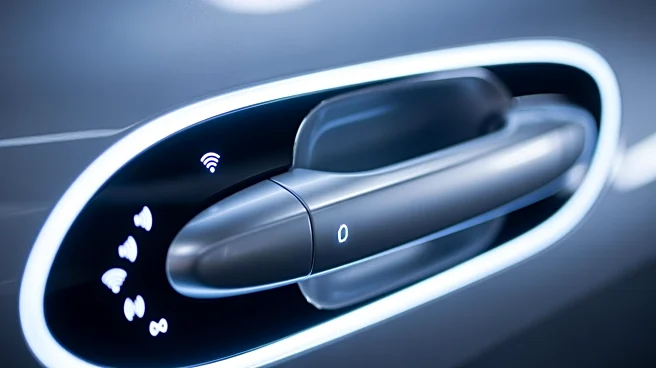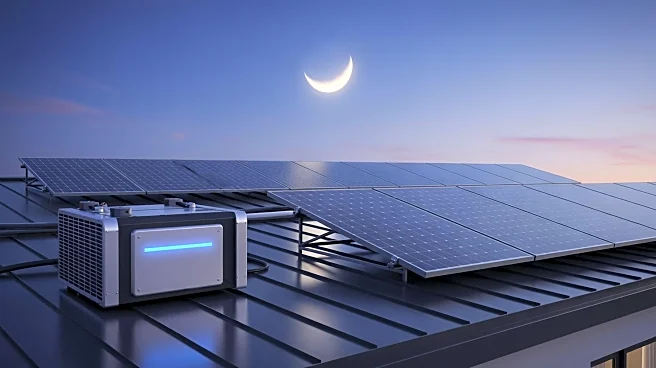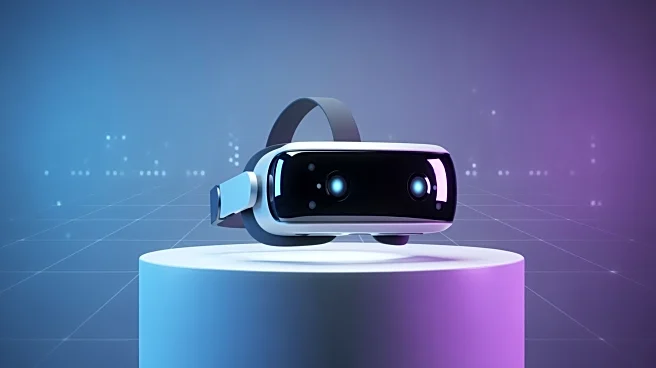What is the story about?
What's Happening?
Hologic's AI-powered mammography technology is being highlighted at the European Society of Breast Imaging (EUSOBI) Annual Scientific Meeting. Two studies have demonstrated the potential of Hologic's Genius AI Detection 2.0 solution in improving breast cancer screening accuracy. The first study, conducted at Massachusetts General Hospital, analyzed 600 exams using the AI technology to assess tumor characteristics. The AI scores were found to correlate with more aggressive cancer features, such as higher-grade tumors and node-positive cancers. The second study compared the AI's performance with that of 108 radiologists from the UK and U.S., showing similar sensitivity but lower specificity in detecting breast cancer. These findings suggest AI could be a valuable tool for radiologists, especially in countries facing workforce shortages.
Why It's Important?
The integration of AI in mammography screening represents a significant advancement in healthcare technology, potentially improving early detection rates of aggressive breast cancers. This could lead to earlier treatment and better clinical outcomes for patients. The technology also addresses the challenge of radiologist shortages, offering a supplementary tool to ensure thorough examination of mammograms. As AI continues to evolve, its role in healthcare could expand, providing more efficient and accurate diagnostic processes, ultimately enhancing patient care and reducing healthcare costs.
What's Next?
Hologic plans to continue advancing its AI technology and collaborate with researchers worldwide to improve breast cancer screening. The company is also showcasing its latest breast surgery innovations at EUSOBI, including the Sentimag Gen 3 device for tumor localization. As AI technology gains traction, further studies and developments are expected to refine its accuracy and reliability, potentially leading to broader adoption in clinical settings.
Beyond the Headlines
The use of AI in healthcare raises ethical and legal considerations, particularly regarding data privacy and the potential for algorithmic bias. Ensuring that AI systems are transparent and equitable is crucial as they become more integrated into medical practices. Additionally, the long-term impact of AI on the healthcare workforce, including potential shifts in job roles and required skills, warrants attention.
















